Let’s be honest. We all have conflicting emotions, desires and ideas inside us. We all get caught up in the unhelpful ones, even when we know it’s not a good idea- or at least some part of us knows.
The internal world of the human being is like an orchestra, or a democracy with lots of coalitions vying for power and control. We can feel generous and stingy; kind and mean; confident and fearful; calm and restless, all within the same 20 or 30 minutes. All of us have lots of different sounds blaring inside at times- and often, no one conducting the orchestra.
Is it a mess in there? I suppose it is- but it’s a beautiful mess. Beautiful in the sense that it’s just so damn human to have these conflicting parts inside ourselves. As Winston Churchill famously said:
Democracy is the worst form of government. Expect for all the others.
If it’s a mess inside, there’s no need to feel shame about it. (No need to believe the shame if it comes up.)
But there is a need to manage the conflicting parts- if you’re to live in a way that expresses more of your true self, and what matters most to you. If we don’t learn to be the conductor, the orchestra will play music that can be pretty hard to listen to. If we don’t manage the conflicting parts inside, they will yank us around to no good end.
An important aspect of this is putting down the frustration about the parts that get in your way, and becoming a lot more curious about them, and what they’re trying to express. Strange as it may seem, even the parts of us that may be driving harmful behavior almost always have some positive motive buried within.
Let’s take an example of a harmful behavior- like overeating. Obviously it’s not healthy, and it needs to be addressed. But many people find that it’s very hard to stop by sheer force of will. Instead of will, often we need to become willing to reflect on the part that keeps doing it, and get curious about it. I recently heard a colleague describe how a client she worked with came to see that the part that was driving overeating had a deeper intention that was about insisting on getting what it felt it deserves. The overeating was a distorted, and unhelpful, expression of the determination to ‘get what it deserves’, in other words, refusing to take no for an answer.
It was driven by a normal and healthy desire for respect- but was being expressed in a sideways behavior.
When someone can tap into the unexpressed meaning of a harmful or unhealthy behavior- they then have a chance to re-direct that energy into a more helpful and appropriate expression. It might be advocating with one’s boss around a raise, for example.
At the very extreme, even suicidal thoughts and feelings have a self-protective motivation—to make the pain stop. Making pain stop is actually a very compassionate intention but suicide is obviously a glaringly wrong way to go about it.
It’s important to understand as well that the destructive behavior, or part, almost always has its roots in childhood neglect, abuse or trauma. The destructive part has adapted to survive great difficulty. But eventually the adaptive behavior is causing more harm than good.
Understanding the reality of adaptation in our troublesome parts helps us to have more compassion for them, and ourselves. With compassion, and some practice, we can develop more patience to listen to all our parts, to know them, and begin to conduct the orchestra. We learn how to coax them with love and kindness to make music, rather than just noise.
As we learn to engage with and listen to the various parts, we also reinforce the central part that is doing the listening—the true self. Much of this work is ultimately to get the true self (AKA the ‘wise self’ or ‘knowing presence’ within) in a more empowered place inside us.
Over time, most people come to see that the troublesome parts are trying to protect the individual from pain. This pain was perhaps overwhelming and terrifying when we were children. But the wise self slowly learns that all pain can be worked with, that it comes and goes, and that the ability to sit with our pain is a deep form of empowerment. Few things will provide inner confidence like the growing capacity to tolerate our pain- without having to use distracting behaviors to numb it out. Painful as this path is, it’s ultimately freeing and joyful. It’s the great human quest for inner freedom and peace of mind unfolding. It’s the great adventure of becoming more of our true self. Few things are more deeply satisfying.

